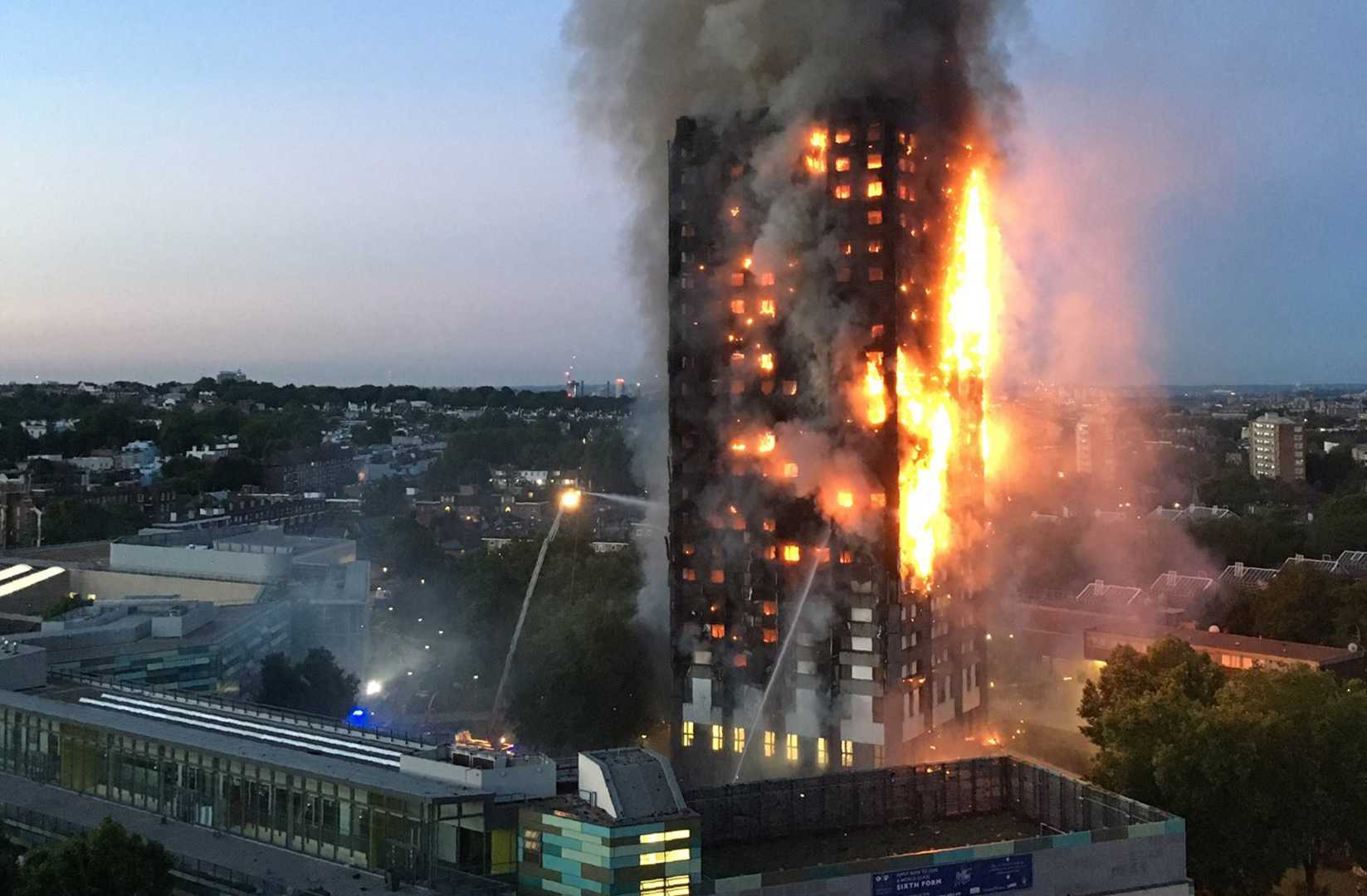News
Grenfell Tower Inquiry Reveals Systemic Failures Leading to Fire Tragedy

In the aftermath of the devastating Grenfell Tower fire in June 2017, a comprehensive public inquiry has uncovered extensive failures by individuals, companies, and officials responsible for ensuring the safety of the building’s residents. The inquiry’s findings indicate that these systemic errors transformed the concrete housing block into a deadly fire trap. Emma Hynes, a barrister specializing in construction law who served as counsel during the seven-year inquiry, recounted, “Everything in the building failed.”
The inquiry, led by retired Court of Appeal judge Sir Martin Moore-Bick, noted in its final report—published in September 2024—that the UK government neglected numerous opportunities to address the risks associated with combustible cladding long before the Grenfell incident. Despite calls from the fire safety sector to amend the inadequate building and fire safety regulations, government policies focused instead on deregulation, said Moore-Bick, critiquing the “one in, one out” rule which later became “one in, three out” for regulatory measures.
The report puts a spotlight on three manufacturing firms, Arconic, Celotex, and Kingspan, for exploiting these regulatory weaknesses. According to Moore-Bick, these companies engaged in “systematic dishonesty” by manipulating product testing processes and misleading the market about the safety of their materials. The cladding panels provided by Arconic were especially criticized for their role in the rapid spread of the fire, functioning “like lighter fuel.”
Emma Hynes expressed dismay at the continued evasiveness of these manufacturers, noting, “For them to put their products on the market as they did, and to this day some of them hold their hands up and say: ‘don’t look at us, you all knew about this’; that’s the most reprehensible thing.”
The report criticized the British Research Establishment and British Board of Agrément for prioritizing commercial interests over rigorous testing standards, which led to the certification of misleading safety products used in Grenfell Tower.
Companies implicated in the report have rejected accusations of wrongdoing. Arconic, for instance, asserted that their cladding was “legal to sell in the UK,” while Celotex and Kingspan denied the safety of the materials used directly correlated with the tragedy, citing differences in marketed and used systems.
Kensington and Chelsea Tenant Management Organisation (TMO), responsible for managing Grenfell Tower, was also highlighted for cost-cutting measures that led to negligence of fire safety warnings. Moore-Bick’s report described TMO’s attitude as “persistent indifference to fire safety,” a claim they have since publicly apologized for.
The inquiry’s revelations have intensified calls for regulatory reforms to prevent such disasters. The Building Safety Act of 2022 and the proposed mandatory accreditation for fire risk assessors are seen as pivotal steps forward, though experts like Hynes argue more is needed to close legal loopholes.
Howard Passey, a senior technical consultant for the Fire Protection Association, emphasized the crucial role of fire risk assessors and supported recommendations for standardized accreditation, expressing concern about the increasing expectations placed on assessors and calling for clearer guidelines on their responsibilities.












